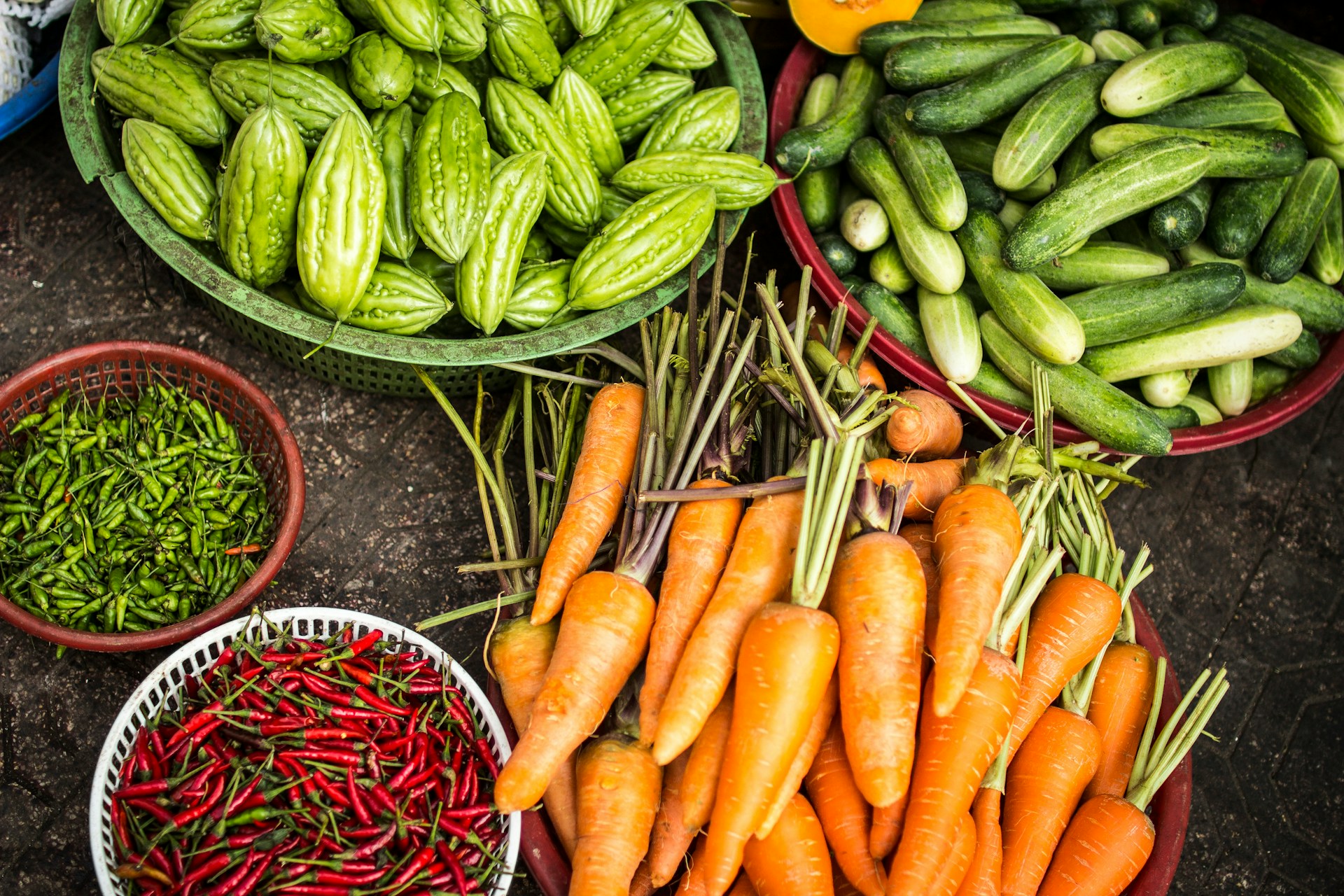In the first major farming policy decision of her new term, European Commission President Ursula von der Leyen has chosen Luxembourgish MEP Christophe Hansen as Commissioner for Agriculture and Food. Announced on 17 September, the EU executive has tasked Hansen with developing her promised ‘Vision for Agriculture’ by next March, after the past year of farmers’ protests has largely sidelined the Green Deal’s ‘Farm to Fork’ agenda.
Earlier this month, von der Leyen gave the first indications of what form this vision could take, presenting the conclusions of her ‘Strategic Dialogue on the future of EU agriculture.” With the launch event signalling a much-needed policy shift towards enhanced support for small farmers and facilitation of healthy, sustainable diets, the Commission will have an early opportunity to put this promising approach into action with its decision on the controversial bloc-wide nutrition label.
Danone’s Nutri-Score backtracking underscores growing opposition
Introduced in 2020 as the healthy food pillar of the Commission’s ‘Farm to Fork’ strategy, the proposal for a mandatory, bloc-wide nutrition label has yet to see the light of day after being indefinitely delayed since 2022. The culprit for this policymaking paralysis, France’s Nutri-Score system, has left member-states increasingly divided, with its rigid, punitive and scientifically-flawed approach garnering broad opposition.
Most recently, Danone has made serious waves with its move to drop the Nutri-Score label from its dairy and plant-based products in early September – particularly considering that the French agri-food giant was one of the system’s earliest and highest-profile backers. Danone’s stunning volte-face captures the broader issues with Nutri-Score’s updated algorithm, which has failed to correct its inherent shortcomings.
Under the new algorithm, Nutri-Score now classifies milk and other drinkable dairy products as “beverages” rather than “general food,” leading to significantly lower scores for completely unchanged products. For example, whole milk has dropped from a Nutri-Score ‘B’ to ‘C’ – placing it on par with soft drinks such as Diet Coke – while Danone’s liquid yoghurts have fallen as low as ‘D’ and ‘E,’ even though the solid version of the same products have retained their ‘B.’
As the company has rightly commented, this illogical modification “gives an erroneous view of the nutritional and functional quality of drinkable dairy and plant based products” that contradicts European dietary guidelines and confuses consumers. Indeed, according to European Dairy Association Secretary General, Alexander Anton, milk’s “natural nutrient density,…high-quality protein and many minerals and vitamins,” make it primarily a source of nourishment as opposed to hydration, meaning that it should be evaluated as an animal food instead of as a beverage.
Industry, government and scientific leaders raising alarm
Unfortunately, Nutri-Score’s inability to recognise such basic nutritional subtleties has been a hallmark throughout its development, with its flaws long criticised by EU governments, the scientific community and the agri-food industry – especially small local producers. With its reductionist focus on a narrow set of “bad” components, namely salt, sugar and fats, Nutri-Score’s algorithm has consistently branded many of the bloc’s heritage products, from French cheeses to Spanish cured hams, with its most negative scores, overlooking their significant micronutritional value and important role in a balanced diet.
Beyond its significant and unfair competitiveness threat to Europe’s local dairy and livestock farmers, Nutri-Score’s “incomplete and biased analysis” – in the words of leading French nutritional expert Dr Jean-Michel Lecerf – generates confusing and misleading guidance for consumers trying to improve their diets. For example, the updated algorithm has even impacted certain fruits, such as French prunes, demoted from ‘A’ to ‘C,’ with its natural sugars treated the same as the artificial sugars of industrial products – the latter of which can actually transform their formulas to earn a better score.
This consumer confusion has been highlighted by prominent nutritionists across the EU, with Dr Stephan Peters of the Dutch Dairy Association, Dr Mariusz Panczyk of the Medical University of Warsaw and even France’s own National Agency for Food Safety (ANSES) questioning Nutri-Score’s ability to guide citizens towards balanced, nutritious diets. Despite the abundance of scientific criticism – not to mention the growing coalition of European countries, including Portugal, Romania and Switzerland, turning away from the label – the Nutri-Score team and its allies continue to insist that it is the only legitimate game in town.
Crunch time in coming months
Indeed, feeling the pressure of mounting opposition, the pro-Nutri-Score camp, including EU-level consumer lobby group BEUC, French consumer group UFC-Que Choisir, and Foodwatch, are ramping up pressure for a rushed, misguided imposition of the label in the EU.
Criticising Danone’s recent U-turn, UFC-Que Choisir has questioned by what right the company is “giving nutrition lessons to the most eminent experts” in pro-Nutri-Score countries. Yet, the group has neglected to mention that these “experts” are far less legitimate than they would appear, with a recent study co-authored by Dr Peters revealing that “the vast majority” of research favourable to Nutri-Score “is carried out by the team” behind the system, while most truly independent studies have been decidedly less flattering.
As Dr Peters has rightly argued, EU policymakers should wait for more independent evaluations of the label’s effectiveness and resist these emerging calls – which embody what French lawyer Jean-Philippe Feldman has aptly dubbed the “nutritional totalitarianism” of Nutri-Score – before proposing the system’s EU-wide implementation.
Looking ahead, there are reasons to hope that Brussels will make the right decision. For starters, influential figures at both the EU and national levels, such as food and agriculture commissioner candidate Christophe Hansen and new French Prime Minister Michel Barnier, have strong agricultural backgrounds. Indeed, as France’s agriculture minister back in 2008, Barnier’s vision for a fairer and more sustainable EU agricultural policy already captured the heart of the policy direction now emerging from von der Leyen’s ‘Strategic Dialogue.’
Working with leaders from the bloc’s other heavyweight farming countries and leveraging his deep ties in Brussels, Barnier would be well placed to guide responsible EU agri-food policymaking. In this effort, the newly-proposed “European Board of Agriculture and Food” to continue the farmer engagement process initiated by the Strategic Dialogue will be key in ensuring the EU’s new agricultural vision translates into supportive policies that empower European farmers.






















